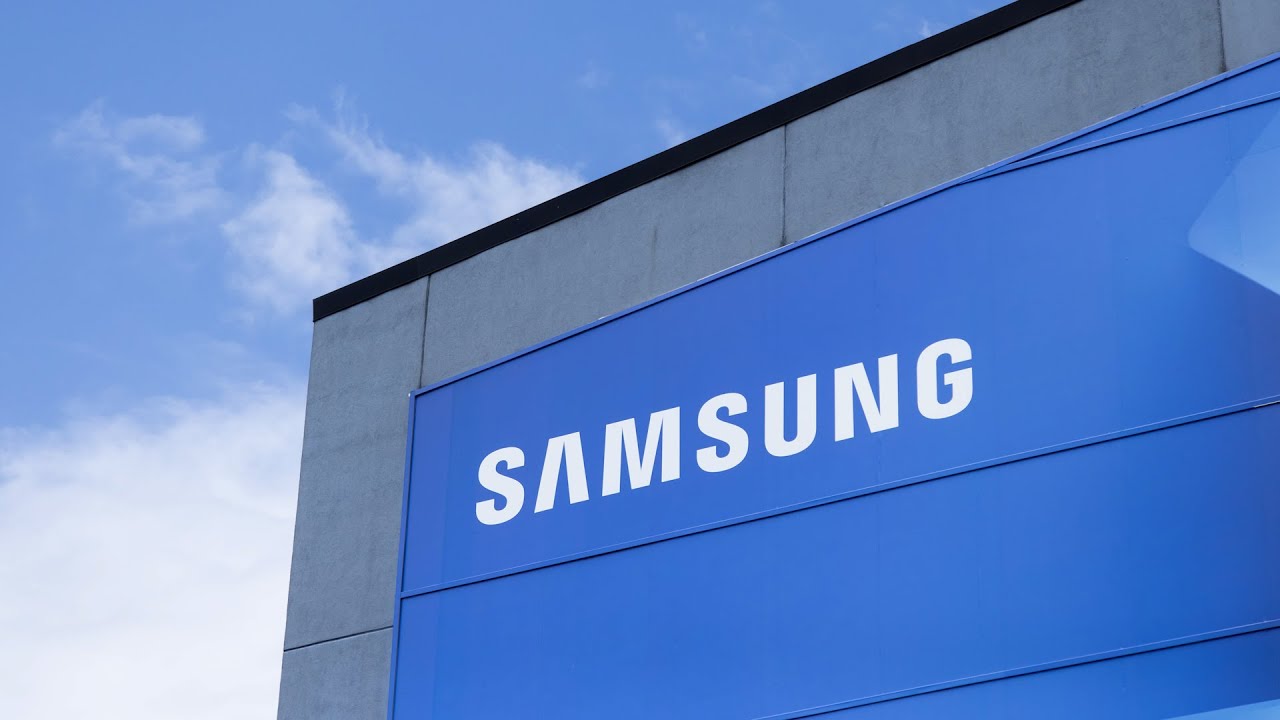Samsung has secured a major deal to manufacture advanced AI chips for Tesla’s self-driving technology, boosting its foundry business and enhancing its reputation in the semiconductor industry. This partnership, supported by U.S. initiatives like the CHIPS Act, signifies a strategic move to strengthen domestic chip production and increase competition against industry leaders like TSMC.
Samsung has secured a significant deal to manufacture AI chips for Tesla, marking a major vote of confidence in Samsung’s chip manufacturing capabilities. Despite losing some market share recently, Samsung remains a dominant player in the semiconductor industry, particularly in memory chips. The company has been striving to expand its foundry business to compete with industry leaders like TSMC and attract high-margin clients such as Apple and Nvidia. Landing Tesla as a marquee customer for their advanced A6 chips, which are crucial for Tesla’s self-driving technology, is a substantial milestone for Samsung’s foundry ambitions.
The deal with Tesla is not only financially significant, potentially boosting Samsung’s foundry business growth by around 10%, but also strategically important. It allows Samsung to showcase its ability to produce high-end chips for a high-profile client, enhancing its reputation in the semiconductor market. Elon Musk has highlighted the importance of the manufacturing facility being located in Texas, emphasizing that proximity will enable Tesla to be closely involved in the engineering and production process. Musk’s personal involvement in the fab underscores the critical nature of this partnership for Tesla’s future technology development.
This collaboration aligns with broader U.S. efforts to rebuild its domestic semiconductor industry, supported by initiatives like the CHIPS Act, which provides $39 billion in incentives. Samsung is one of the key beneficiaries of this act, expanding its Texas manufacturing capacity to serve U.S. customers and avoid tariffs. The presence of overseas manufacturers like Samsung building fabs in the U.S. highlights the global nature of the semiconductor supply chain and the strategic importance of domestic production capabilities for American tech companies.
Within the semiconductor industry, Samsung faces competition not only from TSMC but also from other players like SK Hynix, which has gained ground in memory chips. Samsung is working to regain its position, particularly by seeking authorization to supply high-bandwidth memory (HBM) chips to Nvidia, a critical partner in the AI chip market. While TSMC currently leads in advanced chip manufacturing and high-margin clients, Samsung is emerging as a strong alternative, providing much-needed competition in a market that has been dominated by a few key players.
The industry and policymakers alike desire more competition in advanced chip manufacturing to reduce reliance on a single supplier. Intel, once expected to challenge TSMC’s dominance, has struggled to make significant progress in the foundry business. Samsung’s growing role as a foundry partner for major tech companies like Tesla signals a shift in the competitive landscape. This development not only benefits Samsung but also supports the broader goal of diversifying and strengthening the semiconductor supply chain globally.
